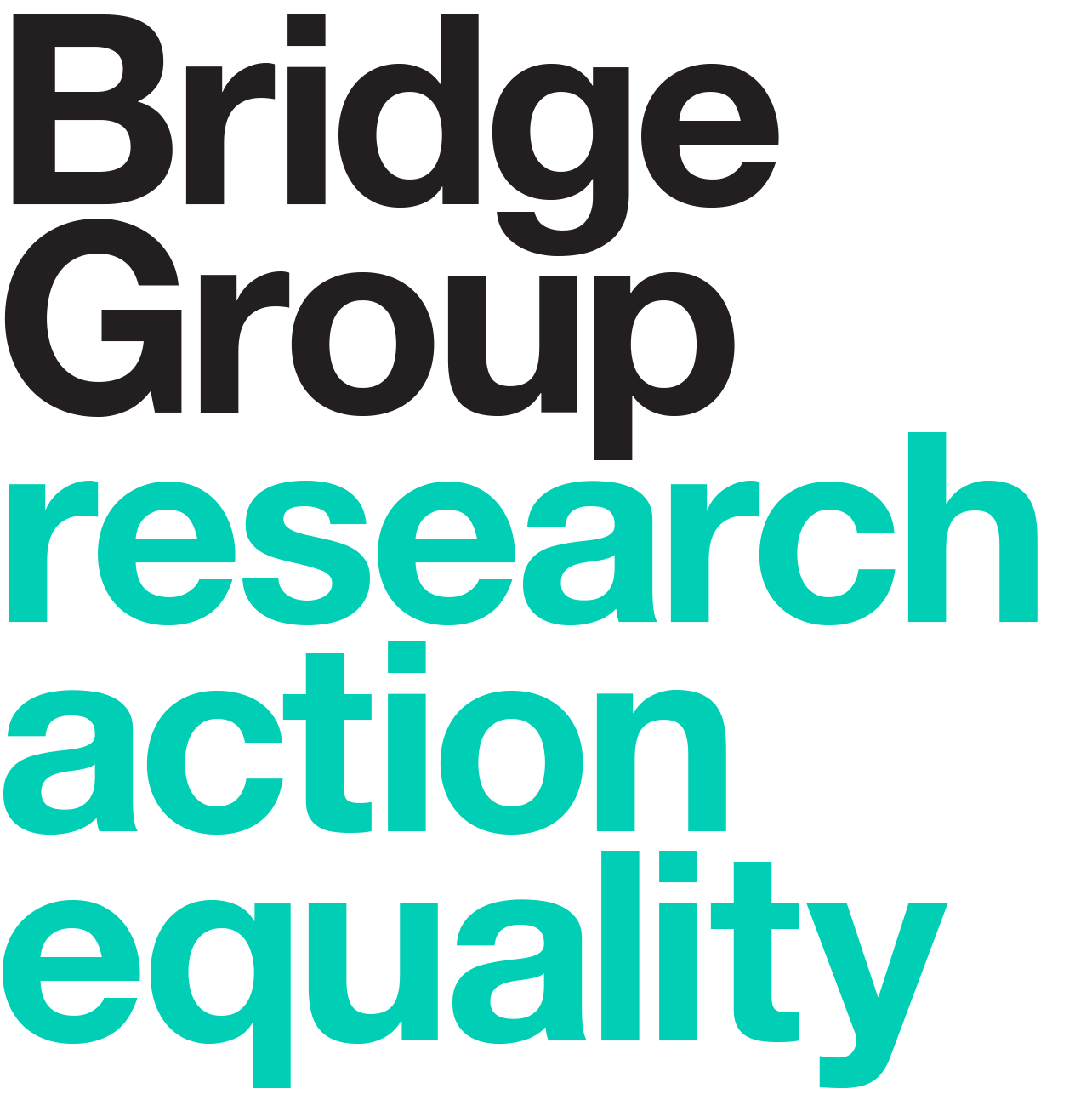Bridge Group launches report on socio-economic diversity and management in the arts sector
New report exposes inequalities in the arts that have been exacerbated during Covid-19, and calls for urgent, practical action
16 November 2020
Inc Arts have collaborated with the Bridge Group to launch a new report about ‘who gets ahead and how’ in UK arts management. The study includes over half a million quantitative data-points, more than 500 survey responses and 60 hours of qualitative interviews – and makes practical recommendations for change.
Hundreds of people working in a range of roles shared demographic information and occupational data, alongside their perceptions of opportunity, progression, diversity and inclusion across the arts sector. The findings are stark.
Amanda Parker, Director at Inc Arts commented:
“In the UK we have a long tradition of maintaining structural inequalities, while simultaneously wringing our hands about it. What is stopping change? Retention of power is driven by fear, and a lack of imagination: a fear of losing relevance, status, incomes – considerations that all can relate to. Imagination takes courage: and right now, imagination is what is required of us all. The sector is at an important point of inflexion. It is the perfect time to experiment with radically different strategies for employment, progression and retention in the sector.
The report makes a range of practical recommendations, including that stakeholders should:
Embed ethnic and socio-economic diversity as a condition of funding and government support – contextualised regionally
Individual arts organisations should support Inc Arts in the development and implementation of a National Action Plan for diversity in the arts and cultural sector
All arts organisations should pay people undertaking work experience and internships lasting more than two weeks, and openly advertise all internships wherever possible
All organisations should access and adopt best practice in advertising and recruiting roles and opportunities – and evidence where possible why a university degree is essential criteria
Lobby for socio-economic background to be a protected characteristic, enacting Section One of the Equality Act
Lead by example by using language that is progressive, specific yet accessible, appropriate, and inclusive.
Dr Marianne Blattés, Senior Researcher at the Bridge Group:
"This report comes at an important moment where the arts sector faces existential challenges. Through our research we have been able to capture the experiences and the views of over 550 people working in arts management. The findings are stark: the arts management workforce is deeply unrepresentative of the wider population and certain groups face significant challenges in terms of access and career progression. In this report we offer practical recommendations on how the sector can remove barriers to diversity."
Nik Miller, Chief Executive of the Bridge Group added:
“Of all sectors, the arts must be where diversity and inclusion should be taken most seriously. Works that explore, challenge and reflect contemporary society are naturally richer if they are informed by a wider range of social perspectives and experiences. We hope this study supports organisations and individuals to make important steps in this direction and builds further on the toolkit we published earlier this year with Jerwood Arts”
The summary report is available here and the full report here.
There are many ways that you can stay connected with this work and contribute to the debate. Inc Arts is campaigning for the survey recommendations to be adopted by the sector and there will be an opportunity for sector leaders to adopt some of the report recommendations in Part Three of the anti-racism conference Speak-Listen-Reset-Heal, taking place on November 24. Book tickets here.
